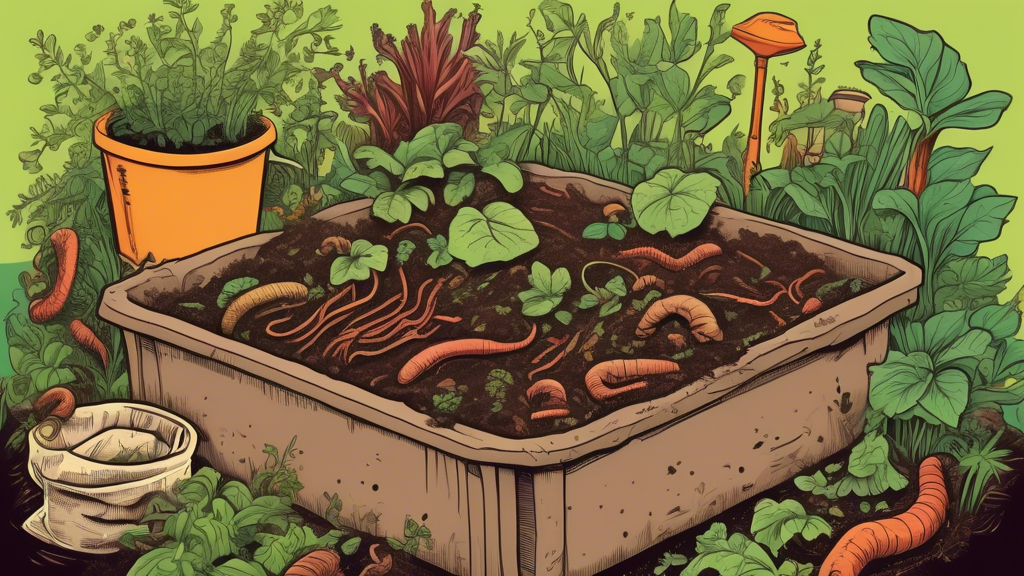Today is Learn About Composting Day
What is Composting?
Composting is a natural process that turns organic matter, such as food scraps and yard waste, into valuable fertilizer for the soil. It involves the breakdown of organic materials by microorganisms, including bacteria and fungi, in the presence of oxygen. This process not only enriches the soil, helping to grow healthier plants, but it also reduces the amount of waste sent to landfills, thereby decreasing greenhouse gas emissions.
Benefits of Composting
Enriches Soil
Composting creates a nutrient-rich soil amendment that can improve soil structure, pH balance, and moisture retention. This leads to healthier plants that are more resistant to diseases and pests.
Reduces Waste
By diverting organic waste from landfills, composting significantly reduces methane emissions—a potent greenhouse gas. It’s an eco-friendly way to deal with kitchen scraps and yard debris.
Conserves Resources
Compost can reduce the need for chemical fertilizers, pesticides, and water. This not only saves resources but also decreases pollution from runoff.
How to Start Composting at Home
Setting Up Your Compost Pile
Choose a dry, shady spot near a water source for your compost pile or bin. Start with a layer of coarse material, like straw or twigs, to aid drainage and aeration. Add compostable materials in alternating layers of greens (such as vegetable scraps, coffee grounds, and grass clippings) and browns (such as dried leaves, straw, and paper). Make sure to moisten dry materials as they are added.
Maintaining Your Compost
Once your compost pile is established, mix or turn it regularly to aerate the compost and speed up the decomposition process. Keep the pile moist, but not soaked, similar to the wetness of a wrung-out sponge. In time, the bottom of the pile will turn into dark, crumbly, earthy-smelling material. This is your compost, ready to enrich your garden soil.
Troubleshooting Common Composting Problems
Bad odors, pests, and slow decomposition can all be signs of issues with your compost pile. Often, these problems arise from improper balance between greens and browns, lack of aeration, or too much moisture. Adjusting the balance, turning the pile more frequently, and covering it to protect from rain can help solve these issues.
Today is the Perfect Day to Start
With its numerous environmental and gardening benefits, composting is a practice that everyone can and should consider. Whether you have a large garden or a small outdoor space, there are composting methods that can fit your situation. So, on Learn About Composting Day, why not start your journey towards a more sustainable lifestyle? Get outside, start a compost pile, and see the difference it can make for your garden and the planet. Happy composting!




